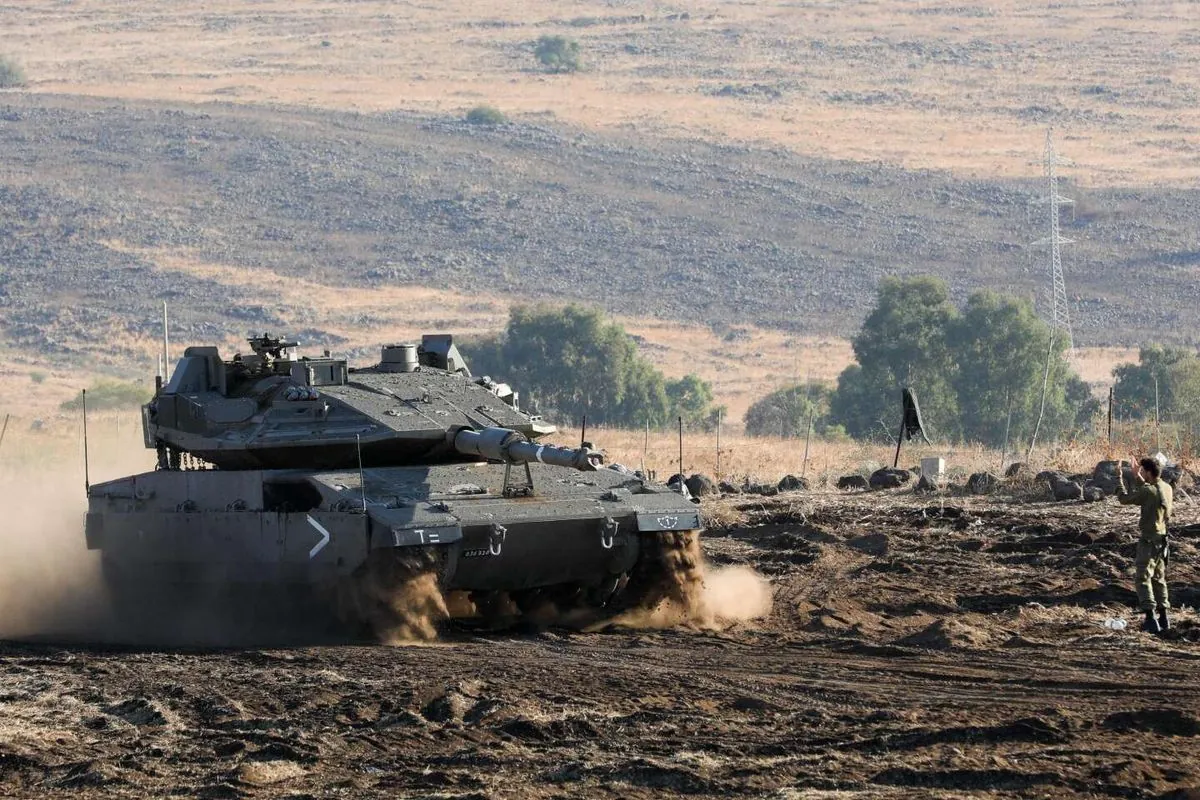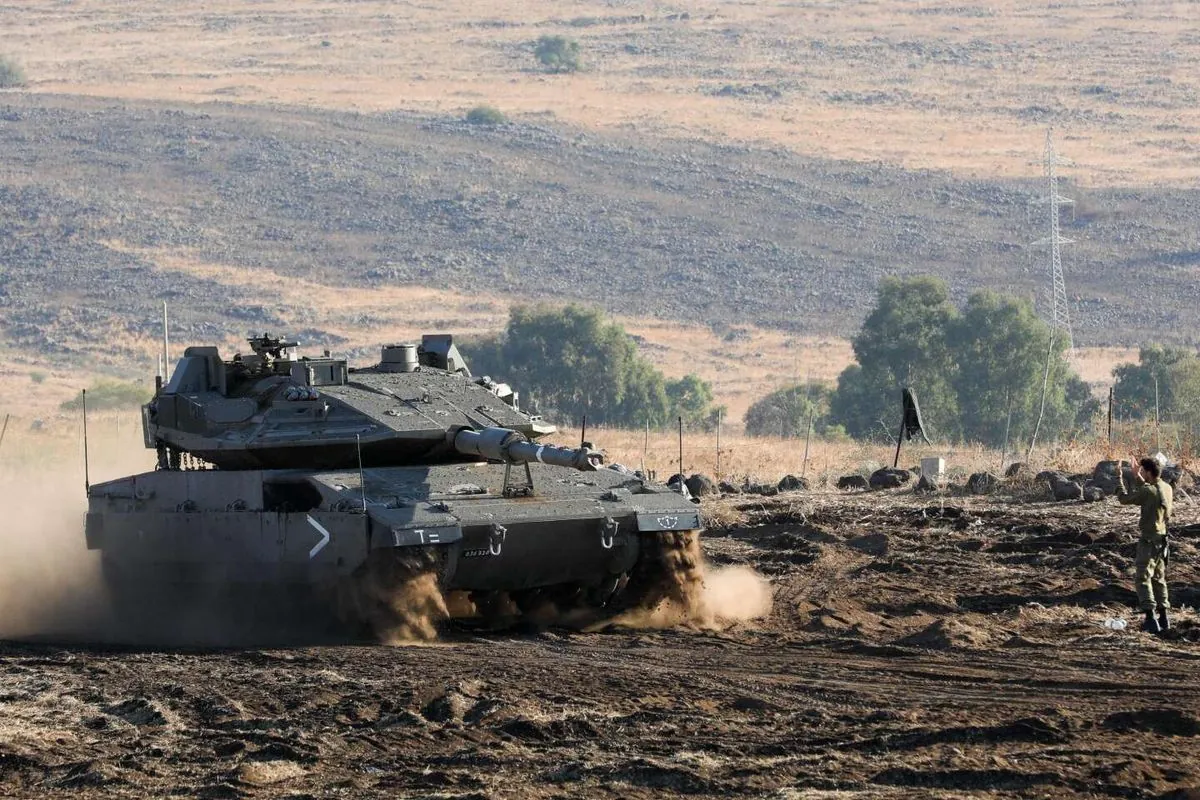Israel Escalates Conflict with Hezbollah: Potential Lebanon Invasion Looms
Israel launches major offensive against Hezbollah in Lebanon, raising fears of full-scale invasion. Recent attacks and counterstrikes intensify long-standing conflict between the two adversaries.

Israel's recent military operation, codenamed Northern Arrows, has significantly escalated tensions with Hezbollah in Lebanon. The offensive, which began on September 23, 2024, targeted Hezbollah strongholds in southern Lebanon and the Bekaa Valley through extensive air strikes.
This escalation follows a series of events that have heightened hostilities between the two long-standing adversaries. Days before the offensive, thousands of Hezbollah fighters' communication devices exploded simultaneously, causing numerous casualties. While Israel has not claimed responsibility, experts widely attribute this sophisticated attack to Mossad, Israel's intelligence agency.
In response, Hezbollah has launched hundreds of rockets into northern Israel, with one ballistic missile reportedly reaching as far as Tel Aviv before being intercepted. This exchange of fire has raised concerns about a potential full-scale conflict.

Benjamin Netanyahu, Israel's Prime Minister, has dismissed international calls for a ceasefire, vowing to continue the offensive with "full force." Meanwhile, Israel's army chief, Lt Gen Herzi Halevi, has warned of a possible invasion of Lebanon, stating that Israeli troops may soon enter "enemy territory."
Hezbollah, founded in 1985 in response to Israel's invasion of Lebanon, has evolved into a powerful non-state actor. The organization, which receives significant support from Iran, is estimated to have around 25,000 active fighters and an arsenal of over 130,000 rockets and missiles. Hezbollah's military capabilities are considered superior to those of the Lebanese Armed Forces, and the group has developed an extensive network of tunnels along the Lebanon-Israel border.
The current conflict has its roots in decades of hostility. On October 8, 2023, Hezbollah fired rockets at Israeli-controlled territory in solidarity with Palestinians following a Hamas-led assault on southern Israel. Since then, near-daily cross-border fire has been exchanged between the two sides.
"It's possible but not inevitable."
The situation has prompted international concern, with Sir Keir Starmer urging British citizens to leave Lebanon immediately due to the rapidly deteriorating conditions.
As tensions continue to rise, the possibility of a full-scale Israeli invasion of Lebanon remains a serious concern. Such an action could aim to create a buffer zone between the Lebanon-Israel border and the Litani River, or potentially to remove Hezbollah from its strongholds in southern Lebanon, the Bekaa Valley, and Beirut's southern suburbs.
It's worth noting that while Hezbollah and Hamas share the goal of Israel's destruction, they differ significantly in their origins and religious affiliations. Hezbollah is a Lebanese Shia group formed with Iranian support, while Hamas is a Palestinian Sunni organization that controls the Gaza Strip.
As the situation unfolds, the international community watches closely, hoping for de-escalation but preparing for the possibility of a wider conflict that could have far-reaching consequences for the region.


































